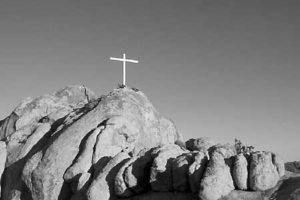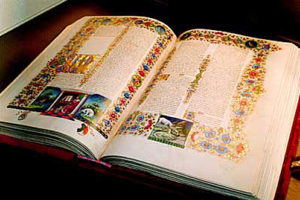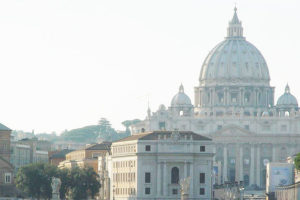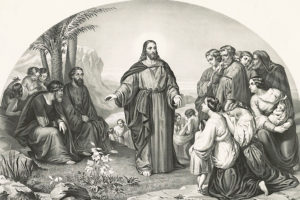CATHOLIC FAITHLINK: “[‘An enemy has done this.’] Homily attributed to Saint Macarius of Egypt, Spiritual Homilies, no.51” – DailyGospel

“I am writing to you, my brothers, so you might know that, since the day when Adam was created until the end of the world, the Evil One wages war against the saints without respite (Rev 13,7)… You should know, then, beloved brethren, that in all those who have prepared their soul to provide good soil for the heavenly sowing,
» Read more





